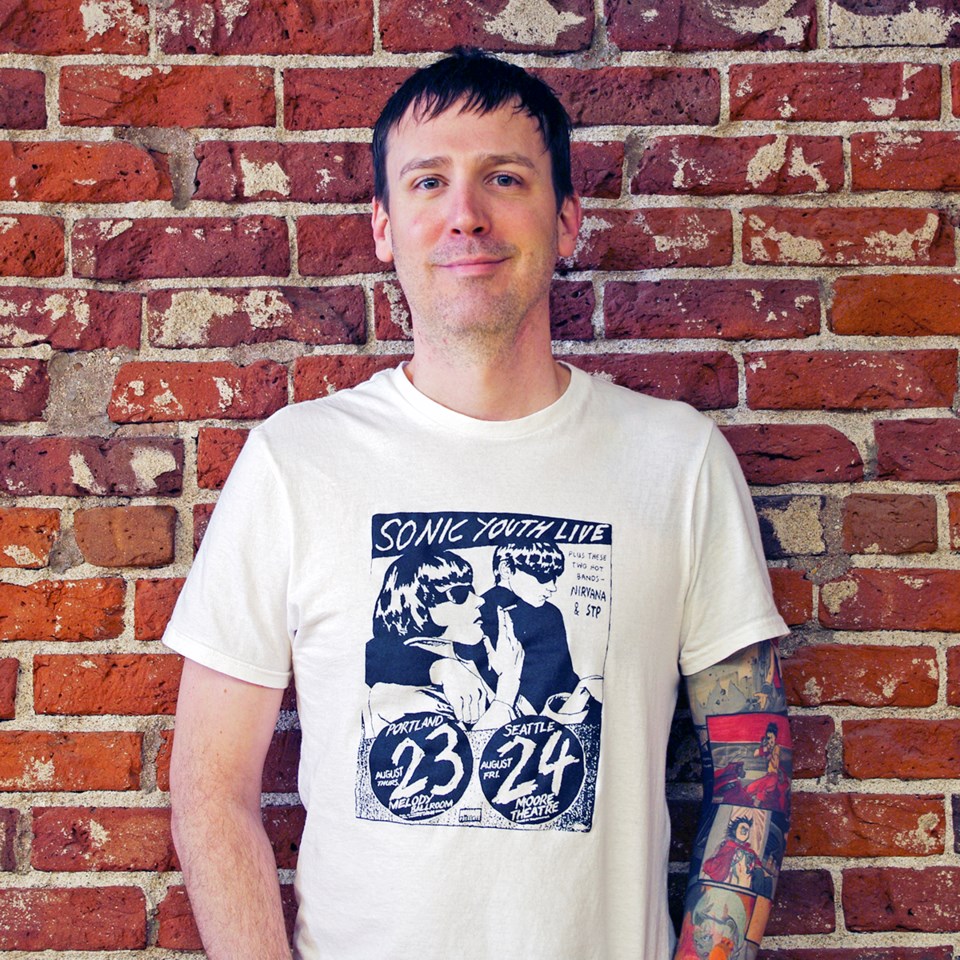Kevin Rosenquist, unlike most seven or eight-year-old kids, was really into talk radio when he was growing up in the Chicago area. Rosenquist and his wife moved to Longmont in 2015. They'd always loved Colorado and found there was more opportunity to raise a family comfortably than in Chicago.
"I enjoyed listening to talk radio. I would fall asleep listening to it at night and when we'd wake up in the morning, we'd throw it on while getting ready for school and stuff. I don't know what it was. There's just something that always spoke to me about it," Rosenquist said.
Ultimately, his love of talk radio led him to produce and host the podcast History Defeats Itself. He is joined by the show's two co-hosts, John Banks and Greg Mitchell.
"To be able to live out the dream of being on-air and do it on my own terms, producing it myself," he said. "It's a pretty cool thing to be able to do, and the technology these days allows us to do that."
History Defeats Itself is a comedy podcast that takes a look at whether society learns from its history or whether people are doomed to repeat it. One unique aspect of the show is that two of the hosts don't know the topic until the crew is ready to hit record.
"Since there are three of us, to keep the spontaneity, each week one of us picks a topic, does the research, brings it to the group and doesn't say anything until we hit record," Rosenquist said.
The crew hopes this format and a relatively open-ended discussion helps listeners get their questions about each week's topic answered as well. The topics vary but ultimately the idea behind the programming is that the team looks into where or how a concept (for example, safety laws or the lack thereof) came to be, how it affects society today and what it might look like in the future. They then analyze whether people have learned from history or if the same problems repeat themselves now.
Rosenquist said, "One of the things I like about that format is that a listener might have questions. Hopefully, we're asking some of the questions that they might ask. So, we're the voice of the listener."
He also points out that keeping things spontaneous helps keep the comedy flowing. Another factor in its comedic banter is irreverence and explicit language.
Since this is a podcast, it doesn't have to follow radio rules. The crew deliberately chose not to worry about whether their show had clean or not-so-squeaky clean banter. They wanted to make sure their flow was natural and showed their friendship, according to Rosenquist.
"We did talk about it in the beginning. Do we want to keep it clean? Do we not want to keep it clean? Ultimately, we all have fairly foul mouths, especially when we're around each other. It felt like if we were trying to keep it clean, it would change our spontaneity, and would change our dynamic a little bit," Rosenquist said.
They used that irreverence and their potty mouths in what they call the swear jar episode to raise money for charity.
"For every time we swore, we donated a certain amount to the nonprofit Childhelp, which helps abused and neglected kids. We also allowed our listeners to pledge a certain amount of money per swear. So, I bleeped it out in the editing process. It was pretty funny," Rosenquist said. He believes they raised nearly $1,000.
History buffs that don't mind challenges to societal norms can listen to History Defeats Itself on a wide variety of podcast players, some of which include the Sonar Network, Spotify, Apple Podcasts and Audible.



